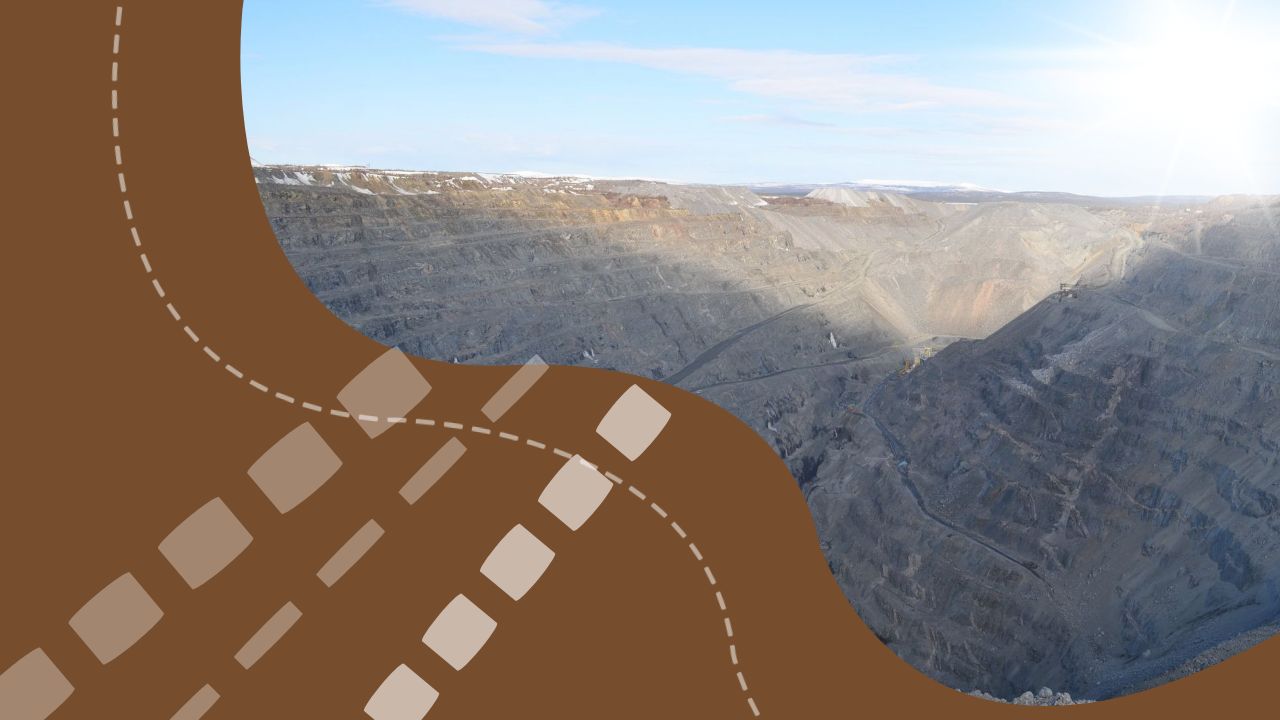Norway has announced the offering of large areas in the Arctic region for its inaugural seabed mineral licensing round, aiming to award exploration permits by the first half of 2025, according to the country's energy ministry This initiative could make Norway the first country in the world to commence commercial deep-sea mining, targeting the extraction of minerals essential for solar panels, wind turbines, and electric car batteries needed for the green transition away from fossil fuels
"The world needs minerals for the green transition, and the government wants to explore if it is possible to extract seabed minerals in a sustainable manner from the Norwegian continental shelf," stated Energy Minister Terje Aasland

